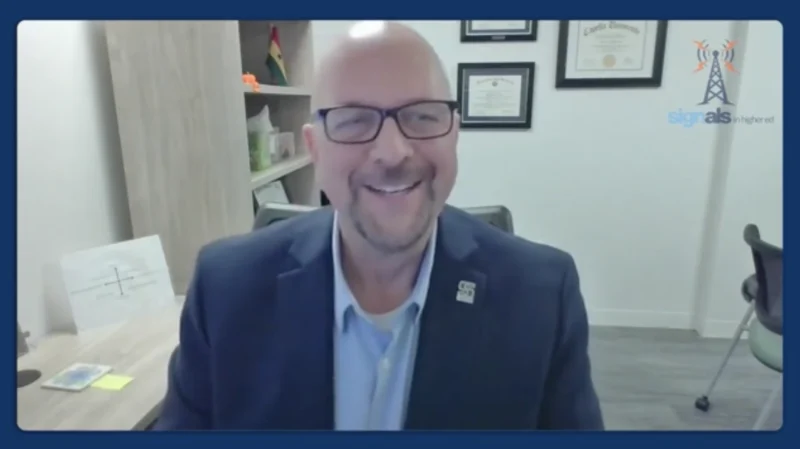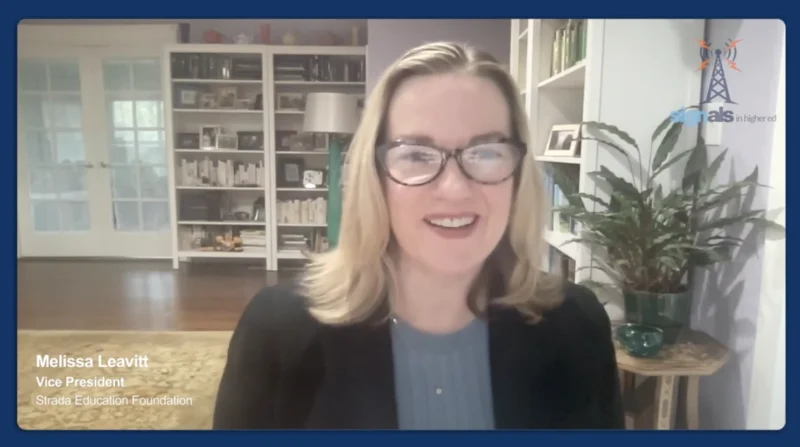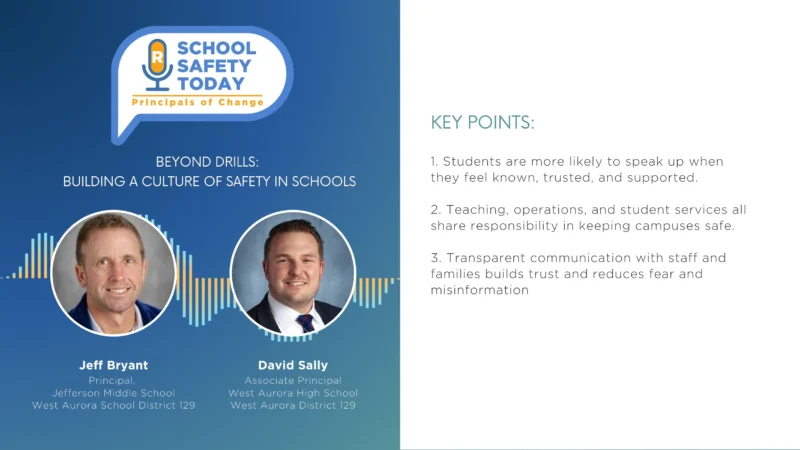The Empty Mandate and Unfunded Promises of House Bill 3
Hosted by Mike Matranga, CEO of M6 Global Defense, and co-hosted by Mike Monsive, CEO of ASAP Security, this episode peels back the layers of recent legislative actions in the realm of school security. Beyond the headlines and mandates, the hosts scrutinize the fine print, emphasizing the necessity of holistic planning and real funding.
Key Takeaways:
- Funding vs. Mandates: Understand the disconnect between legislative mandates like Hb 3 and the critical need for substantial funding to execute these plans effectively. It’s not enough to mandate change; it must be financially supported to make a real impact.
- Lack of Training and Preparedness: Uncover the alarming gaps in the training and preparedness of retired law enforcement personnel hired for school security roles. Mandates alone don’t ensure that the right people with the right training are in place to protect our schools effectively.
- Mental Health Considerations: Explore the often-overlooked mental health aspects of hiring retired officers and the potential repercussions for both the individuals and the school community. The mental well-being of those tasked with safeguarding our children is as critical as any other aspect of security.
The Missing Piece of the Puzzle:
School security mandates are a step in the right direction, but without comprehensive funding and a focus on mental health, are they truly protecting our children? In this episode, Matranga and Monsive make it clear that the devil is in the details, and merely checking boxes won’t suffice when it comes to the safety of our educational institutions.




